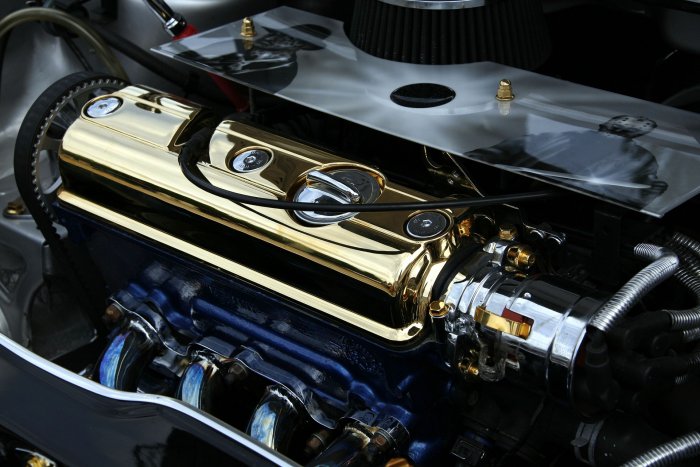CEE’s automotive wage growth revs up pressure

With the automotive workforce in Central Europe becoming more expensive, Hungary saw a 10% growth in salaries in the first half of the year, compared to the same period in 2016, according to data from international salary survey platform Paylab. The wage growth in the region appears to be increasing pressure on the industry.
Hungary’s growth is the most significant according to the international Paylab salary portal, followed by Croatia (+6%), Slovakia (+5%) and Czech Republic (+4%). Wages grew least in Slovenia and Serbia, with a respective increase of around 1%.
Czech Republic and Slovakia are the two largest motor vehicle producers in the region, with an annual output exceeding one million in each country, Paylab notes, while neighboring Poland and Hungary have half of that output.
In terms of wages, salaries in the CEE region are comparable: according to Paylab data the gross average monthly salary in the automotive industry ranges from EUR 656 in Serbia, to EUR 1,013 in Croatia, EUR 1,209 in Hungary, EUR 1,218 in Slovakia, EUR 1,293 in Czech Republic, and EUR 1,545 in Slovenia.
Central Europe, which has recently become an engine of the automotive industry, offers a cheaper workforce, and therefore pressure on wage growth is becoming evident, Paylab says, as countries individually rely highly on the sector.
“Standards of living are growing, unemployment rates are decreasing every year, and the countries are slowly catching up with [more] developed EU countries. Nevertheless, skilled workers in the region are still significantly cheaper than similarly qualified personnel in Western Europe,” the Paylab press statement says.
“However, automotive employers are beginning to feel the lack of qualified personnel in the labor market, and employees at some production facilities are beginning to demand wage increases at the individual and trade union level,” it adds.
Automotive industry associations from Slovakia, Czech Republic, Hungary and Poland strive to cooperate in order to retain regional competitiveness for the automotive industry, Paylab notes. Such associations have called on governments to reform education systems by focusing more on maths and science to better prepare workers for the automotive industry’s future needs. Until then, greater support for the mobility of domestic and international workers could cover the shortfall in the labor market, these association say, according to Paylab.
SUPPORT THE BUDAPEST BUSINESS JOURNAL
Producing journalism that is worthy of the name is a costly business. For 27 years, the publishers, editors and reporters of the Budapest Business Journal have striven to bring you business news that works, information that you can trust, that is factual, accurate and presented without fear or favor.
Newspaper organizations across the globe have struggled to find a business model that allows them to continue to excel, without compromising their ability to perform. Most recently, some have experimented with the idea of involving their most important stakeholders, their readers.
We would like to offer that same opportunity to our readers. We would like to invite you to help us deliver the quality business journalism you require. Hit our Support the BBJ button and you can choose the how much and how often you send us your contributions.








